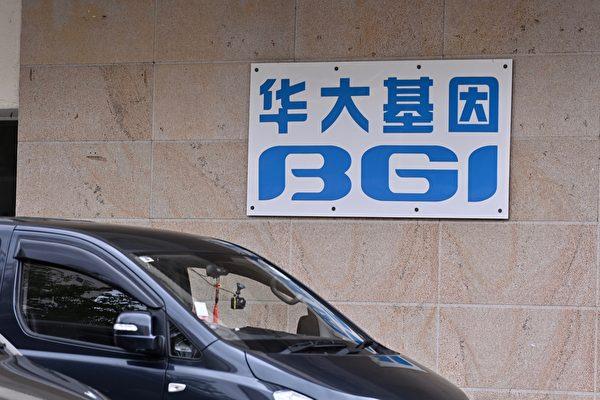Two Republican senators have reintroduced a bill aimed at protecting the genetic data of Americans in response to the threat posed by the Chinese Communist Party’s (CCP) collection of such data. BGI Group (BGI), a leading company in the Chinese genomics industry, has been repeatedly accused of extensively collecting the genetic data of Americans.
Leading this effort are Sens. Marco Rubio (R-Fla.) and John Cornyn (R-Texas), who reintroduced the Genomics Expenditures and National Security Enhancement Act, also known as the “GENE Act.”





